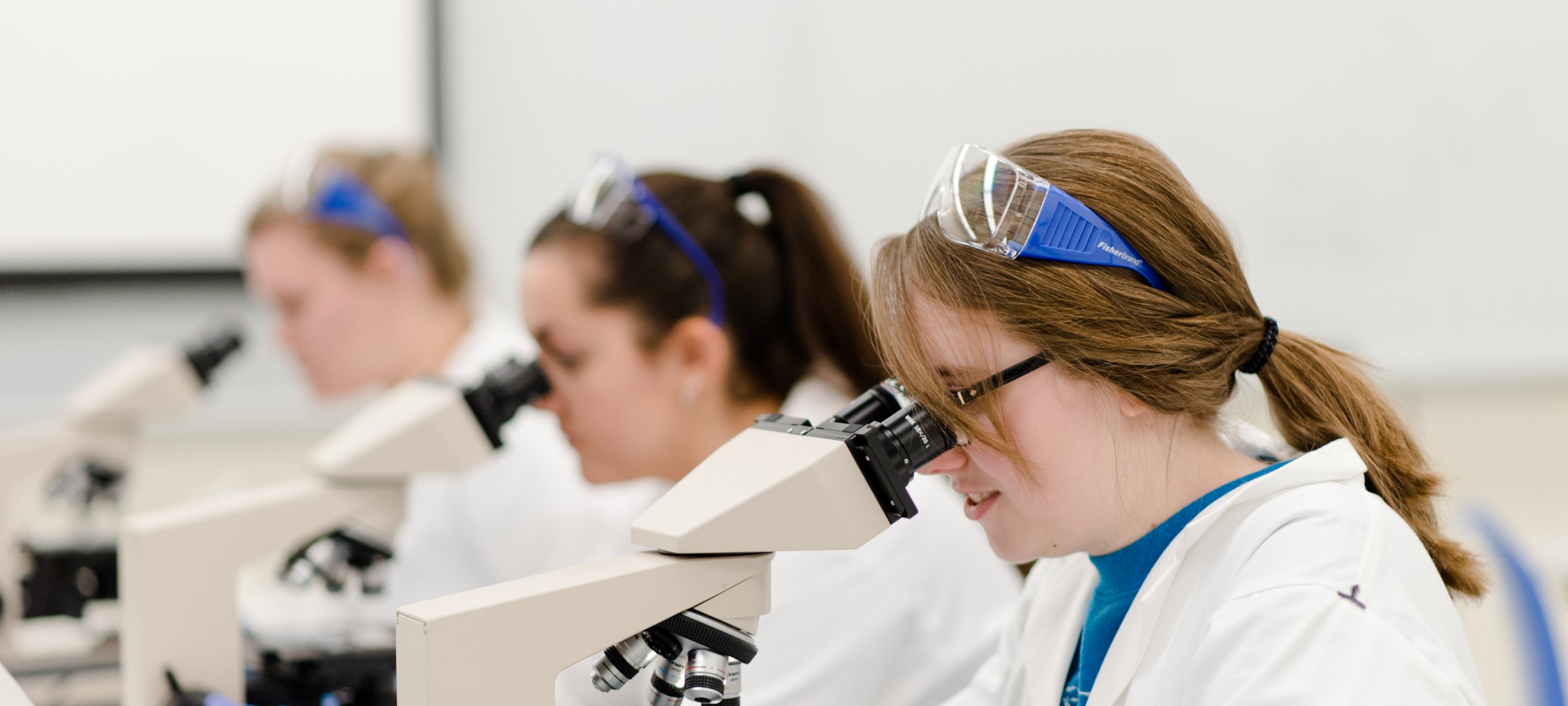The College of Sciences and Arts is a community of faculty, staff, and students committed
to excellence and driven by our passion for education, outreach, research, and creativity
across the social and natural sciences, humanities, and the arts. Uniquely situated
in the heart of Michigan's R1 flagship technological university, we specialize in
human-centered potential and discovery-based learning designed to meet the challenges
of today and tomorrow. Knowing that every student at Michigan Tech will pass through
our doors, our college strives to be at the forefront of interdisciplinary collaborations
that lead to breakthrough solutions.
Our students gain a profound understanding of social and cultural contexts through
experiential learning and innovative research. We welcome you to be part of our caring,
expansive college community, with 32 undergraduate and 24 graduate degrees to choose
from.
The opportunities in Michigan Tech's College of Sciences and Arts are limitless. Transform
into a civic leader ready to contribute to a sustainable future. Lead and participate
in action-based experiences that are critical to the start of a fulfilling career.
Job-shadow at a local hospital or veterinary clinic while preparing for a career in health. Design sound and lighting for a regional production. Conduct community forums on the implications of artificial intelligence. Work to
purify vaccines. Study the impact of social media on society. Research the mysteries
of space and galaxies beyond our universe. Explore transforming abandoned iron and
copper mines into giant batteries. Understand freshwater ecosystem health. Document
the nature of changes in cognitive function and motor behavior in aging and dementia.
At Michigan Tech, your academic growth is supported by a variety of learning centers, along with our Humanities Digital Media Zone and Writing Center. Model climate in the only cloud chamber of its kind. Take part in interdisciplinary health research in our state-of-the-art H-STEM Complex. Create amazing sights and sounds in our visual art, sound, and theatre performance spaces.
Tomorrow Needs You
Combine your creativity and curiosity to meet pressing societal challenges with innovative
solutions. Graduate with the technical skills, critical thinking and tenacity to inspire,
design and implement a sustainable future across social and natural sciences, humanities,
and arts.




